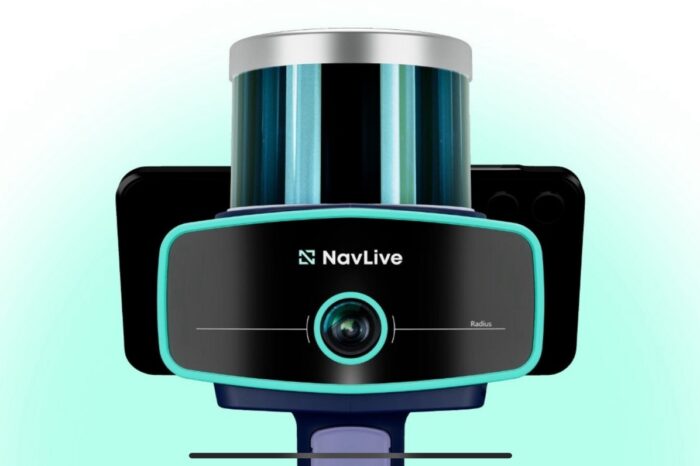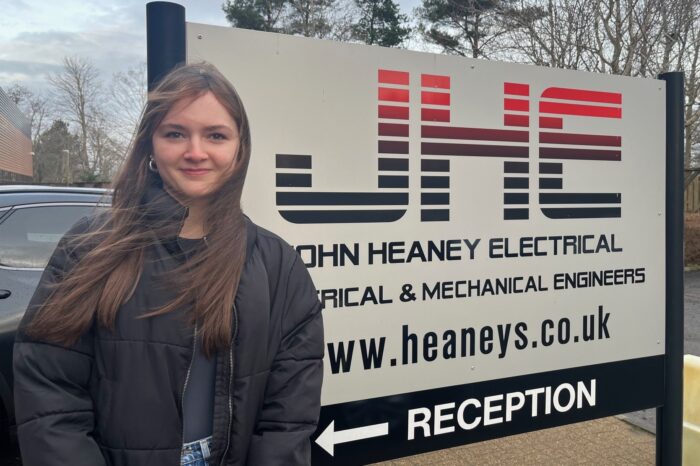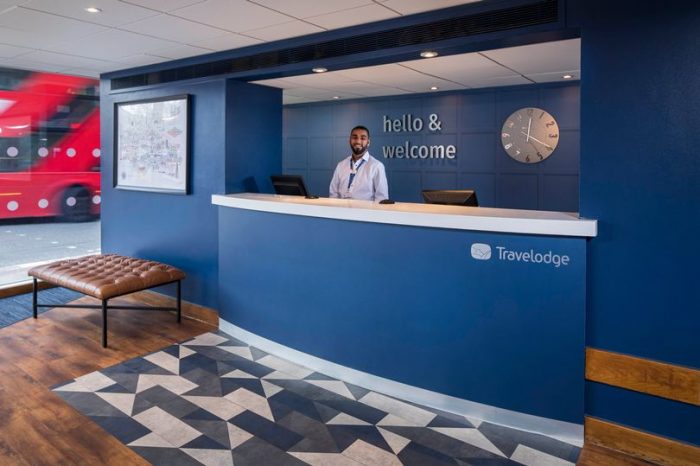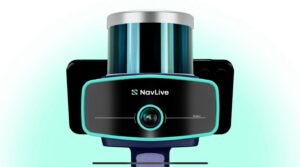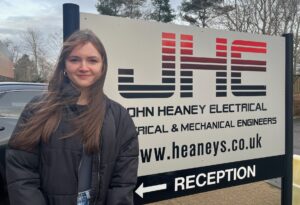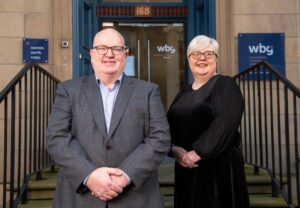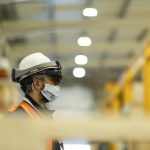HIGHLANDS SMES GIVEN OPPORTUNITY TO USE CUTTING EDGE TECH
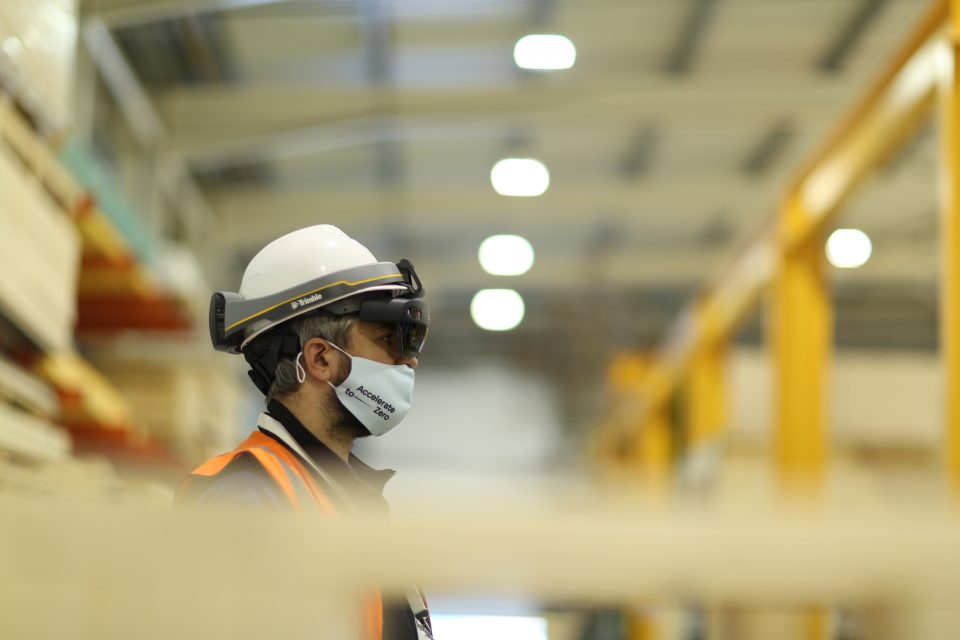
SMEs working across the construction and built environment sector in the Highlands and Islands are being invited to get to grips with cutting edge manufacturing technology that could help to boost efficiencies and reduce their carbon footprint, as part of free-to-attend workshops taking place next week.
The drop-in workshops are being hosted on 17 and 18 August at Inverness College University of the Highlands and Islands (UHI) by Make it Smart Hub – a collaborative programme led by Built Environment – Smarter Transformation (BE-ST), designed to help future-proof the construction and manufacturing sectors in the region.
Construction professionals will be able to get hands-on experience with some of the latest technology coming into the sector, including 3D scanning equipment, virtual reality (VR) training simulations, augmented reality (AR) helmets and a heat flow meter.
The 360° 3D scanner uses laser distance meters, HDR cameras and lidar (light detection and ranging) technology to capture as many as 360,000 data points per second and create a digital representation of a place or object to millimetre accuracy in a matter of minutes. Using the scanner could be hugely beneficial for retrofit work, which is expected to increase significantly as the 2045 zero carbon deadline approaches. With detailed 3D images, SMEs could more easily quantify the environment to deliver a full assessment of the work needed.
Additionally, the heat flow meter can be used to test the thermal performance of different materials, such as alternative insulation fabrics, while the AR and VR visualisation kit could benefit teams operating in rural locations.
Experts from BE-ST will be on hand to demonstrate the equipment and answer any queries, as well as share more about the innovation centre’s ambition to accelerate decarbonisation.
Tom Warren, impact manager – sustainability, at BE-ST, said: “Digital transformation will play a big part in the sector’s transition to zero carbon and these sessions are designed to help raise awareness of the types of cutting-edge technology that could support SMEs to achieve that ambition.
Make it Smart Hub was set up to support the Highlands and Islands construction community to adopt new manufacturing technologies, processes and skills, that can improve productivity and help them to grow sustainably. As well as providing access to equipment, the hub also offers training, guidance, and innovation and business development support and we are looking forward to making new connections next week.”
A number of companies have already benefited from the support offered through the hub including 7-22 Systems, an ecological construction business based on the Isle of Benbecula. The firm specialises in the design and construction of environmentally sustainable buildings using offsite manufacturing and pre-insulated components, and recently collaborated with BE-ST to improve its cutting templates.
Alex Durie, co-founder of 7-22 Systems, said: “BE-ST brought organisation, funding know-how and a real interest in what 7-22 was looking to achieve to the project. Each part of the team is engaged in the process of assisting SME innovation, and the collaboration enabled us to make tangible improvements to our production process, reducing time and improving the quality of the outputs.” The Make it Smart Hub programme is part-funded by the 2014-2020 European Regional Development Fund via the Advancing Manufacturing Challenge Fund. The hub is led by BE-ST, with support from Inverness College UHI, Highlands and Islands Enterprise, the Data Lab and CENSIS – the innovation centre for sensors, imaging systems, and Internet of Things (IoT) technologies.

